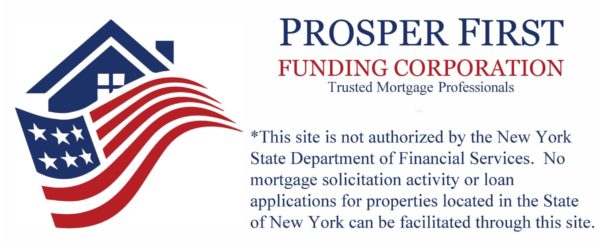Natural disasters are a fact of life. And they are becoming more prevalent, thanks to global warming. A natural disaster will probably affect you and your home at some point in your life.
Wildfires are becoming more common, thanks to extended drought conditions. In other areas, record rainfall is leading to increased flooding. Violent storms like hurricanes and tornadoes can cause mayhem in a matter of seconds. Find out what you can do to minimize your chances of home damage in these kinds of natural disasters.
Fires
If you have a lot of plants around your home, move them when fire season comes around, if possible. If they catch on fire, your home will quickly be on fire also. You can also consider adding fire breaks around your home. Materials like pebbles or gravel, rocks, and concrete can help. Avoid having extremely flammable plants like sagebrush and rosemary near your home. These plants (typically aromatic ones) have a high resin or oil content that make them particularly volatile. High-moisture plants are a wiser choice—check out firewise.org for some suggestions on the best ones. Don’t forget to regularly clean up flammable debris that may collect around your home. This is especially important if you live in a rural area and have a lot of dead brush around your home. And keep your lawn watered and mowed—a clipped green lawn will not carry a fire well.
Floods
Flooding is the costliest natural disaster in the United States. It happens in all fifty states, so nobody is immune to its threats. A flooding retrofit is the best way to flood proof your home, but it’s not cheap. At the very least, you need to know the flood level of your home; this information can be found on the Federal Emergency Management Agency’s (FEMA) website. Raise sockets, light switches, wiring, and circuit breakers at least an inch above this level. Don’t forget to move your furnace and water heater above this level, too. You can also dry proof by adding coatings and sealants on your walls to keep water out. Remember that regular homeowners insurance does not cover flooding and plan accordingly.
Hurricanes and Tornadoes
Hurricane season is upon us (it starts on June 1). The most important thing to do is to fortify your home against the strong winds that violent storms like hurricanes and tornadoes produce. Hurricane straps or clips can minimize wind damage to your roof. Head and foot bolts for your doors can provide some protection, also. Commercial storm shutters, made from thick plywood, protect your windows and sliding doors. Also, be sure to fortify your garage door. If that goes (and it’s usually the first thing that does), the rest of your home is much more vulnerable. Windowless garage doors that can withstand fifty or more pounds of pressure per square foot are the best option. Make sure outlying structures like porches, decks, and sheds are secure. And trim your trees and shrubs—a well-maintained yard will cause less damage than a messy one because there will be fewer projectiles heading toward your home. Additionally, remove any trees that are too close to your home that are likely to come crashing down on it.
My husband and I are looking at a house that has an HOA, but we never lived with one before so we are curious to know if there are benefits to having one. I liked how you pointed out that one good thing is that they will provide a landscape company to help with the yard work. It will be great not having to worry about spending all of our time doing it, but having it still look nice.
Very nice love the colors
I would love to have a tiny home to live in! It seems more manageable and affordable. The Hiatus in Oregon is beautiful. I love the wood floors. can you put a tiny house on any property? Thanks for the inspiration and information!
I have a home in Stamford CT and I am looking for someone to assume my mortgage. Not sure if you are interested in something like this based on what I saw on your website. Eric
Is it possible to buy a first home with a 580 credit score? The house is in Groton ct and is only $90,000
